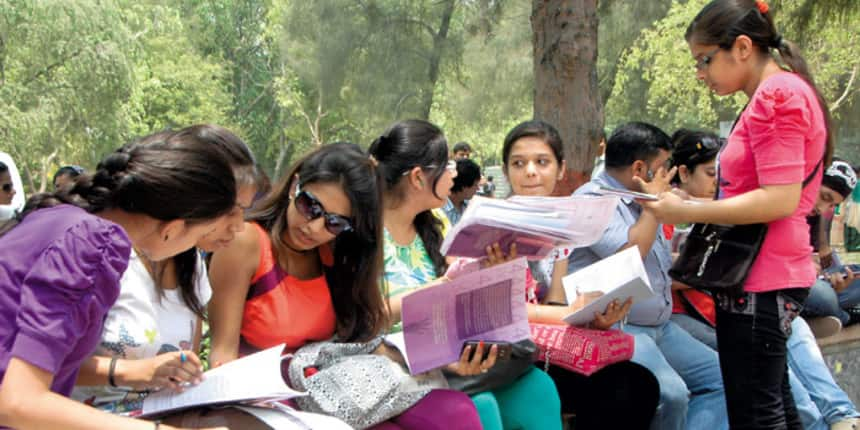UGC finalises roadmap for college autonomy, multidisciplinary institutions
R. Radhika | September 1, 2022 | 04:50 PM IST | 3 mins read
UGC guidelines follow NEP 2020, encourage clustering of colleges and encourages all institutions to start departments of education.
IITs- A Comprehensive Guide
A complete guide to IITs: Learn about the admission process, required cutoffs, fees, top branches, campus details, and updated placement statistics—all in one place.
Download Now
NEW DELHI: The University Grants Commission (UGC) has finalised guidelines to transform single-stream institutions into large multidisciplinary universities and autonomous degree-awarding educational institutions by 2035, as envisaged in the National Education Policy (NEP) 2020.
Must See: IITs Comprehensive Guide
The ‘Guidelines for Transforming Higher Education Institutions (HEIs) into Multidisciplinary Institutions’ were made public for comment and suggestions in March this year and the final document will be published on Friday. UGC’s official policy will allow higher education institutions to have various ways to adopt a multidisciplinary nature.
Currently, colleges are connected with universities through an “affiliating system” where universities design the syllabi, conduct examinations and award degrees, while teaching is done in colleges. The new guidelines intend to bring affiliated colleges on to the “track of progressive autonomy” leading to a degree-awarding institution and finally into a university as mandated in National Education Policy (NEP 2020).
Also Read| Hostels ‘unfit’, JNV Faizabad halves Class 6 intake, packs 150 students in hall
UGC Guidelines: Dual degrees, college upgrade
The guidelines facilitate upgrade in status of colleges affiliated to universities by offering multidisciplinary education. The guidelines further recommend opening departments for languages, literature, music, philosophy, Indology, art, dance, theatre, education, mathematics, statistics, and more to achieve a multidisciplinary character.
The restructuring of higher education will also enable academic collaborations and dual degree programmes. The students will be able to complete the first degree at the host institution and an additional second degree at a partnering institution without going through the admission process again.
The guidelines have offered colleges the option of forming “clusters” to overcome institutional weaknesses hindering their entry into the field of multidisciplinary education. The clustering of colleges may also help in securing good grades in National Assessment and Accreditation Council (NAAC) accreditation, the guidelines state.
Also Read| NCERT seeks 'international experience' for National Assessment Centre, PARAKH
School of education, PhD training
After consultations, the UGC has also included the establishment of a department of education in every multidisciplinary university. The document encourages multidisciplinary institutions to establish departments in education, which aside from carrying out teaching and research, can also offer four-year integrated programmes, in collaboration with other departments such as psychology, philosophy, sociology, neuroscience, Indian languages, arts, history, literature, science and mathematics.
The existing education departments, the document suggests, can “hand-hold” other colleges and universities setting up a department of education. The norms and standards followed by UGC will be applicable to these selected institutions. The existing, as well as planned education departments, will be named ‘School of Education’ in universities and as ‘Department of Education’ in colleges. In June this year, education minister Dharmendra Pradhan announced that the Indian Institutes of Technology (IIT) will also begin offering a four-year BEd course.
It also emphasises the need to link courses and programmes to the job market, national and regional development needs and needs of life and the community.
Also Read| Kerala reform panel suggests switch to internal evaluation for colleges, universities
In addition, the document proposes strengthening of PhD scholars irrespective of disciplines in all departments in a university. The universities, the document states, should ensure that the PhD scholars take training in teaching, education, pedagogy or writing related to their chosen subject during their doctoral period.
The PhD scholars will be assigned 4-6 hours every week to teach or conduct research assistantship for conducting tutorial or lab work and evaluations in order to gain additional experience along with their research work, as per the final guidelines.
Follow us for the latest education news on colleges and universities, admission, courses, exams, research, education policies, study abroad and more..
To get in touch, write to us at news@careers360.com.